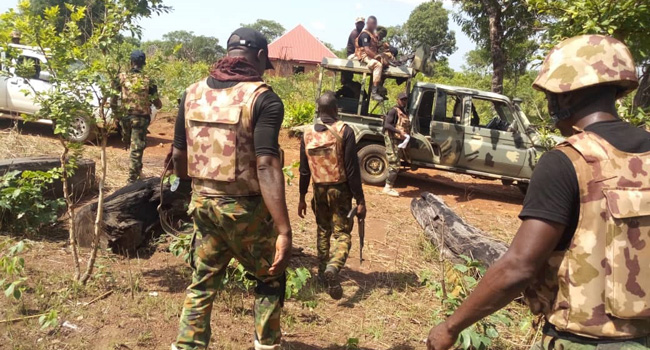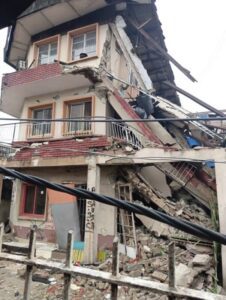
Economic protectionism: The West African standoff
The recent decision by the military juntas of Mali, Burkina Faso, and Niger to impose a 0.5% levy on goods imported from Nigeria marks a significant turning point in West African trade relations. This move comes in response to Nigeria’s support for the sanctions imposed by the Economic Community of West African States (ECOWAS) against these regimes following their respective military coups. While framed as a strategic economic measure, the levy raises questions about its long-term impact on regional stability and trade cooperation.
This tariff represents a form of economic protectionism, akin to the trade policies pursued by former US President Donald Trump, particularly his use of tariffs as a bargaining tool during trade wars. Trump’s tariffs, especially those targeting China, disrupted global supply chains, inflated consumer costs, and forced many businesses to reassess their international trade strategies.
Likewise, the new levy in West Africa may create significant disruptions. Nigeria plays a pivotal role in the regional economy, with goods flowing freely across its borders to the Sahel, especially agricultural and manufactured products that are crucial for the livelihoods of many people in these countries.
The rationale behind such tariffs is often framed as a means of protecting domestic industries from external competition or as a response to political tensions. For the military juntas of Mali, Burkina Faso, and Niger, the levy is a direct countermeasure against ECOWAS’s sanctions, seen by these regimes as an infringement on their sovereignty.
By levying taxes on Nigerian imports, the juntas aim to assert their control over their internal affairs and resist external pressures to restore democratic governance. However, this approach overlooks the deeply interconnected nature of the regional economy, where such retaliatory actions often have unintended and harmful effects.
For Nigeria, the imposition of this tariff signals a setback for the broader goals of regional integration that ECOWAS has long championed. The bloc has worked for years to reduce trade barriers, foster economic cooperation, and promote regional stability. The new levy threatens to unravel some of these efforts, creating deeper divides within the region. The economic consequences of this decision could lead to reduced investment, higher costs for consumers, and potential retaliatory measures that would only deepen the cycle of economic confrontation.
The broader economic implications of the levy are also troubling. West Africa already grapples with inflation, supply chain disruptions, and escalating food insecurity. Introducing new tariffs on essential goods will only exacerbate these issues, placing an even heavier burden on vulnerable populations who rely on affordable imports for their daily needs.
The military juntas’ decision to impose this levy seems to have overlooked these economic realities, potentially worsening the plight of the very people they claim to represent.
In many ways, the 0.5% levy reflects the risks of using trade policies as tools of political leverage, as we saw with Trump’s tariffs. While such measures may serve immediate political goals, they often fail to account for the long-term economic damage they can inflict on both sides. In this case, the new levy risks deepening divisions in West Africa, making it harder to foster the regional cooperation necessary to address the pressing issues of the Sahel, such as security challenges, poverty, and economic development.
As the situation unfolds, it will be crucial to monitor the response from Nigeria and the broader international community. However, the 0.5% levy is more than just a tax on imports; it is emblematic of the complex intersection between political and economic strategies in a region where cooperation is more critical than ever. The military juntas of Mali, Burkina Faso, and Niger may have chosen a path that offers short-term political gain, but in doing so, they risk destabilising the region’s fragile economic fabric.




